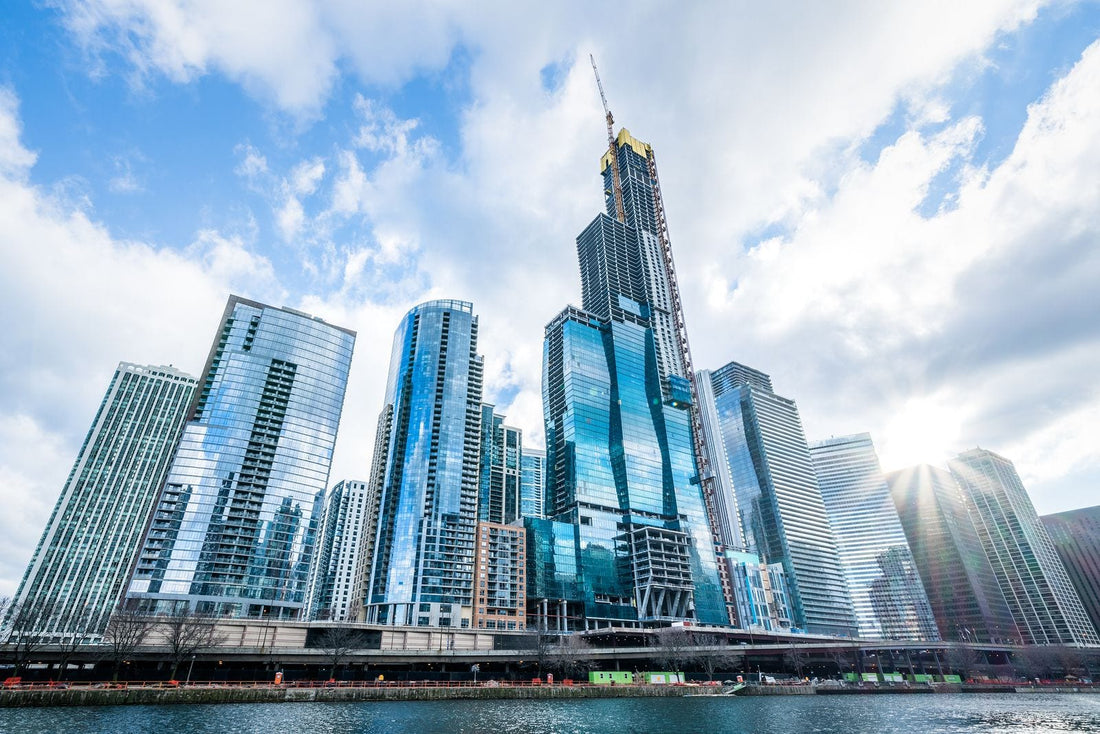
Russia Real Estate Market Poised for Growth with Shifting Demographics and Technological Advancements
Share

The Russia Real Estate market, is projected to reach USD 357 million reflecting a compound annual growth rate CAGR of 7% by 2030, according to new research by Next Move Strategy Consulting.
The driving force behind the strong growth of the Russia Real Estate market is the increasing population across the country. As the population continues to grow, the demand for housing, office spaces, and commercial properties has surged. This presents real estate developers and investors with significant opportunities to tap into emerging trends and meet the demands of a growing urban population. By understanding these demographic trends, stakeholders can make informed decisions on where to invest, which types of properties to develop, and how to tailor their offerings to meet the needs of local communities.
Claim Your FREE Sample and See the Difference!
The rise of remote work, fueled by technological advancements, has also changed property preferences across the region. As people seek a better quality of life, the emphasis is shifting from proximity to traditional work centers to finding homes in areas with better amenities, access to green spaces, and overall improved living conditions. In line with this trend, smart home technologies such as automation systems and energy-efficient features have become significant selling points for new properties, driving up demand and value for homes that offer these modern amenities.
Furthermore, online platforms have transformed the real estate sector in Russia, streamlining the process of buying, selling, and renting properties. These platforms provide virtual tours, comprehensive listings, and the ability to conduct transactions with ease. By leveraging data analytics, real estate professionals gain valuable insights into market trends, property valuations, and investment opportunities, helping both buyers and sellers make more informed decisions.
However, challenges remain. Environmental concerns surrounding construction and property development are becoming more prominent. As awareness of ecological issues grows, governments and local communities may implement stricter regulations to enforce eco-friendly construction practices. These could include requirements for energy-efficient buildings, sustainable materials, and waste reduction measures. While these measures align with global sustainability goals, they could increase construction costs, which may impact overall profitability for developers and investors. Real estate stakeholders will need to stay informed and adapt to these evolving environmental standards to navigate this challenge effectively.
Conclusion: The Russia Real Estate market is on a steady growth path, driven by rising population figures, increased demand for infrastructure, and the growing adoption of smart home technologies. As remote work reshapes the preferences of property seekers, real estate developers and investors have ample opportunities to cater to the evolving needs of the population. However, environmental regulations and the rising costs of sustainable construction practices may pose challenges. Real estate professionals who embrace these trends, prioritize sustainability, and utilize digital tools for efficient property transactions will be well-positioned to succeed in this evolving market.